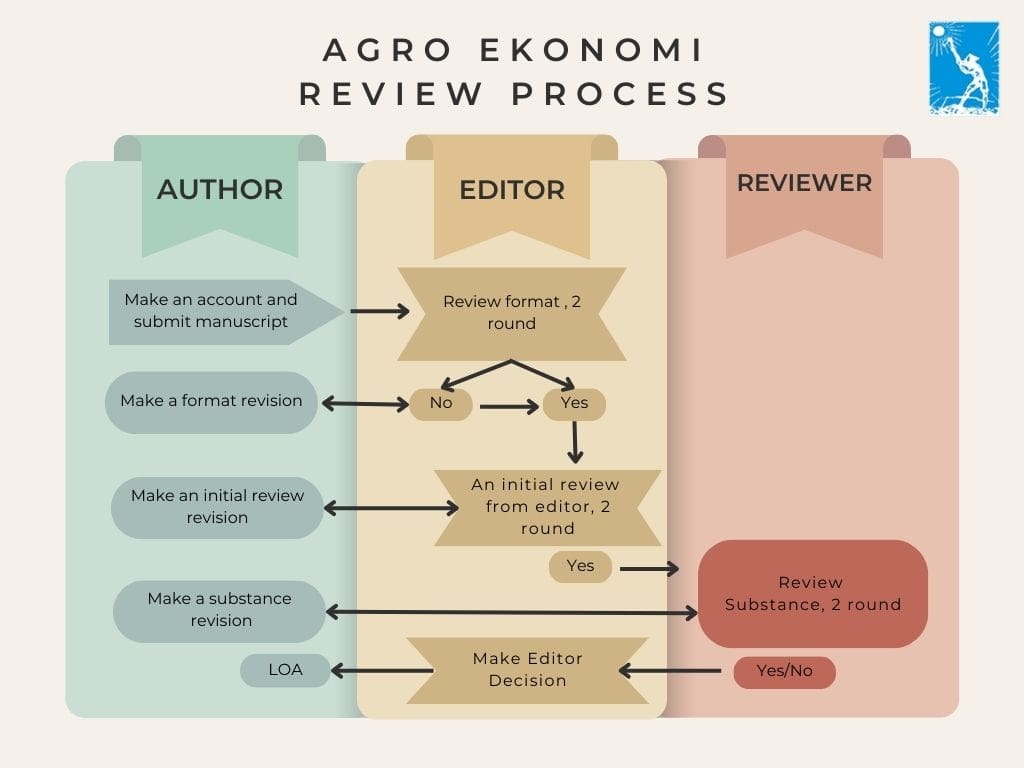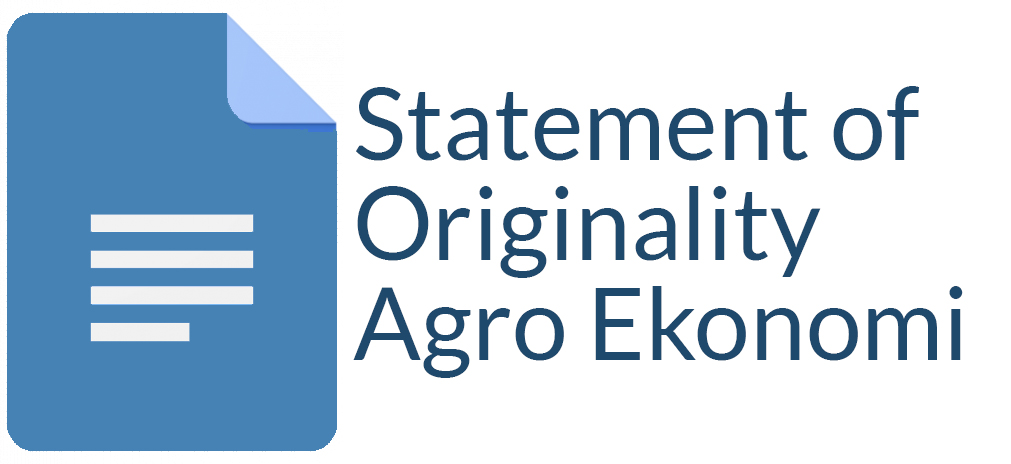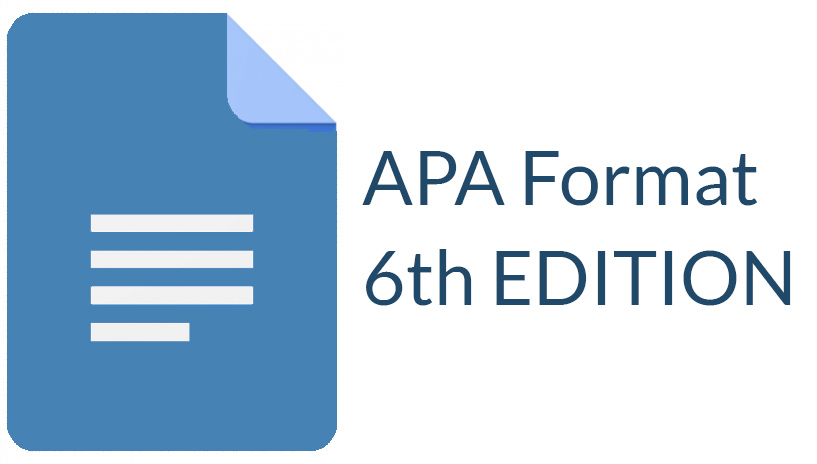Determinant Factors of the Chrysanthemum Consumers’ Willingness to Pay: Case of Pasopati Cultivar
Puspita Dewi Hidayaningtyas(1), Irham Irham(2), Arini Wahyu Utami(3*)
(1) Universitas Gadjah Mada
(2) Universitas Gadjah Mada
(3) Universitas Gadjah Mada
(*) Corresponding Author
Abstract
This study aims to: (1) determine the characteristics of chrysanthemum consumers in three cities in Java, namely Yogyakarta, Semarang and Surakarta, (2) compare the willingness to pay (WTP) of chrysanthemum consumers, especially Pasopati cultivar in the three cities, (3) analyze the determinant factors of the chrysanthemum consumers’ WTP. There is a total of 120 respondents who participated in this study, i.e., 40 in each city selected with accidental sampling. The consumers’ WTP was assessed using contingent valuation method, and its determinant factors was analyzed using multiple regression. The results showed that the majority of chrysanthemum consumers in the three cities were 17-25 years old, were female, held a bachelor degree, owned a job, were single and had no dependent. The value of wilingness to pay from the three cities shows higher results than the market price of IDR 30,000. The highest WTP value is in Semarang City and the lowest WTP value is in Yogyakarta City. Based on the results of the regression, the determinants that influence the value of WTP differ in each city, but income is a significant determinant in all cities. The value of willingness to pay chrysanthemum Pasopati cultivar can be used as a reference to set the selling price of chrysanthemum flowers. Chrysanthemum such as Pasopati cultivar in Indonesia, needs to be developed more by looking at the willingness of consumers to pay.
Keywords
Full Text:
PDFReferences
Badan Litbang Pertanian (2016) ‘Varietas Pasopati’. Available at: http://www.litbang.pertanian.go.id/varietas/one/715/. Badan Pusat Statistik (2018) Statistik Tanaman Hias 2017. Jakarta. Badan Pusat Statistik (2019) Statistik Tanaman Hias Indonesia. Badan Pusat Statistik Jawa Tengah (2019) Kebutuhan Hidup Layak dan Upah Minimum Kabupaten/Kota Menurut Kabupaten/Kota di Provinsi Jawa Tengah, 2017-2019. Available at: https://jateng.bps.go.id/dynamictable/2019/12/17/646/kebutuhan-hidup-layak-dan-upah-minimum-kabupaten-kota-menurut-kabupaten-kota-di-provinsi-jawa-tengah-2017--2019.html (Accessed: 9 January 2020). Briercliffe, T. (2017) ‘Growing the global market for ornamentals’, Acta Horticulturae, 1165, pp. 1–8. doi: 10.17660/ActaHortic.2017.1165.1. Datta, S. K. (2018) ‘Breeding of new ornamental varieties: Rose’, Current Science, 114(6), pp. 1194–1206. doi: 10.18520/cs/v114/i06/1194-1206. Huang, L. C. and Yeh, T. F. (2009) ‘Floral consumption values for consumer groups with different purchase choices for flowers’, HortTechnology, 19(3), pp. 563–571. doi: 10.21273/hortsci.19.3.563. Mayett-Moreno, Y. et al. (2018) ‘Consumers’ and retailers’ attitudes towards a Mexican native species of Aztec Lily as an ornamental plant’, Sustainability (Switzerland), 10(1). doi: 10.3390/su10010224. Nurmalinda and Hayati (2014) ‘Preferensi Konsumen Terhadap Krisan Bunga Potong dan Pot ( Consumer Preferences Chrysanthemum Cut Flowers and Pot )’, Journal Hortikultura, 24(4), pp. 363–372. doi: http://dx.doi.org/10.21082/jhort.v24n4.2014.p363-372. Pusat Data dan Informasi Kementerian Pertanian (2014) Outlook Komoditi Krisan. Jakarta. Romano, K. R. et al. (2016) ‘Willingness to pay more for value-added pomegranate juice (Punica granatum L.): An open-ended contingent valuation’, Food Research International. Elsevier Ltd, 89, pp. 359–364. doi: 10.1016/j.foodres.2016.08.039.Romano, K. R. et al. (2016) ‘Willingness to pay more for value-added pomegranate juice (Punica granatum L.): An open-ended contingent valuation’, Food Research International. Elsevier Ltd, 89, pp. 359–364. doi: 10.1016/j.foodres.2016.08.039. Rombach, M. et al. (2018) ‘Do all roses smell equally sweet? Willingness to pay for flower attributes in specialized retail settings by German consumers’, Journal of Retailing and Consumer Services, 40(July 2017), pp. 91–99. doi: 10.1016/j.jretconser.2017.09.007. Sanjaya, L., Marwoto, B. and Soehendi, R. (2015) ‘Membangun industri bunga krisan yang berdaya saing melalui pemuliaan mutasi’, Pengembangan Inovasi Pertanian, 8(1), pp. 43–54. Schimmenti, E. et al. (2013) ‘Behaviour of consumers of conventional and organic flowers and ornamental plants in Italy’, Horticultural Science, 40(4), pp. 162–171. doi: 10.17221/115/2013-hortsci. Short, K., Etheredge, C. L. and Waliczek, T. M. (2017) ‘Studying the market potential for specialty cultivars of sunflower cut flowers’, HortTechnology, 27(5), pp. 611–617. doi: 10.21273/HORTTECH03710-17. Wijayani, A., Muafi and Sukwadi, R. (2017) ‘Market actor’s response towards flower colours in determining the economic value of Chrysanthemum flowers’, Journal of Business and Retail Management Research, 12(1), pp. 69–75. doi: 10.24052/jbrmr/v12is01/martfcidtevocf. Yue, C. (2008) ‘Estimating U . S . Consumers ’ Choice of Floral Retail Outlets’, (June 2014). doi: 10.21273/HORTSCI.43.3.764. Yue, C. and Behe, B. K. (2010) ‘Consumer color preferences for single-stem cut flowers on calendar holidays and noncalendar occasions’, HortScience, 45(1), pp. 78–82. doi: 10.21273/hortsci.45.1.78. Yue, C. and Hall, C. (2010) ‘Traditional or specialty cut flowers? Estimating U.S. consumers’ choice of cut flowers at noncalendar occasions’, HortScience, 45(3), pp. 382–386. doi: 10.21273/hortsci.45.3.382. Zhang, B. et al. (2018) ‘Consumers’ perceptions, purchase intention, and willingness to pay a premium price for safe vegetables: A case study of Beijing, China’, Journal of Cleaner Production. Elsevier Ltd, 197, pp. 1498–1507. doi: 10.1016/j.jclepro.2018.06.273.
Article Metrics
Refbacks
- There are currently no refbacks.
Copyright (c) 2018 Agro Ekonomi

This work is licensed under a Creative Commons Attribution-ShareAlike 4.0 International License.
View My Stats











